Indications are rife that, given the Central Bank of Nigeria’s decision to float the Naira, many Nigerian banks will soon raise new equity capital to shore up their capital base, while those with positive net FX exposure will book exchange rate gains on major depreciation of the Naira.
READ: CBN Devalues Naira, Orders Banks To Sell Dollar, Others At Market Determined Rates
Join our WhatsApp ChannelNotably, over 40% of Nigerian banks’ risk asset base is dollarised, meaning that the risk weighted asset would increase significantly on the back of the attendant depreciation of the Naira, putting pressure on capital adequacy ratios of banks.
“I would expect many of the banks to raise new equity capital to shore up their capital base soon,” Lagos-based Economic Analyst, Razaq Abiola, told Prime Business Africa in an exchange on Wednesday.
Recall that the CBN had pulled the stops on its long years of multiple forex rate regime and announced immediate unification of official and parallel market rates on Wednesday June 14, 2023.
Mr Abiola said he welcomes the move but urged Nigerians to prepare for the “short term pains” of the new policy while trusting that the Bola Ahmed Tinubu government would follow through with relevant initiatives and execution that would deliver the sustainable long-term benefits.
READ ALSO: 10 Gains Of CBN’s Exchange Rate Unification – CPPE
“There are short term pains to these policies and I hope that we would all bear it, with trust in the leadership,” he said.
Abiola expressed the hope that as the market attracts more supply of FX from investors and exporters and speculative demand eases, the CBN would evolve guidance for quotes around a guided band of +/-3% of the new equilibrium exchange rate level as done during the days of Retail Dutch Auction System (rDAS).
“Given that this new rate in the official market is same as parallel market, there is no incentive for people and businesses with genuine transactions to patronize the parallel market, hence FX trading activity in the parallel market will slow down significantly. Subsequently, the official market should attract more FX supply and rate should gradually ease in the I&E window, and such would cause rates in the parallel market to also ease.”
He is of the view that, while initial knee-jerk reaction might cause FX rate to go as high as about N800/USD, it will steadily appreciate back towards N600 levels, “especially if we can save some FX utilization on scrupulous petrol imports bills whilst also gaining more FX flows from increased oil exports and renewed inflow of foreign direct investment and foreign portfolio investment.
“Hopefully, these dynamics strengthen the Naira towards my expectation.
“In addition, this development should give the monetary policy authority the opportunity to ease interest rate, which of course would help to reduce the cost of capital for businesses, many of which hitherto noted they were sourcing the bulk of their FX need at parallel market rate.”

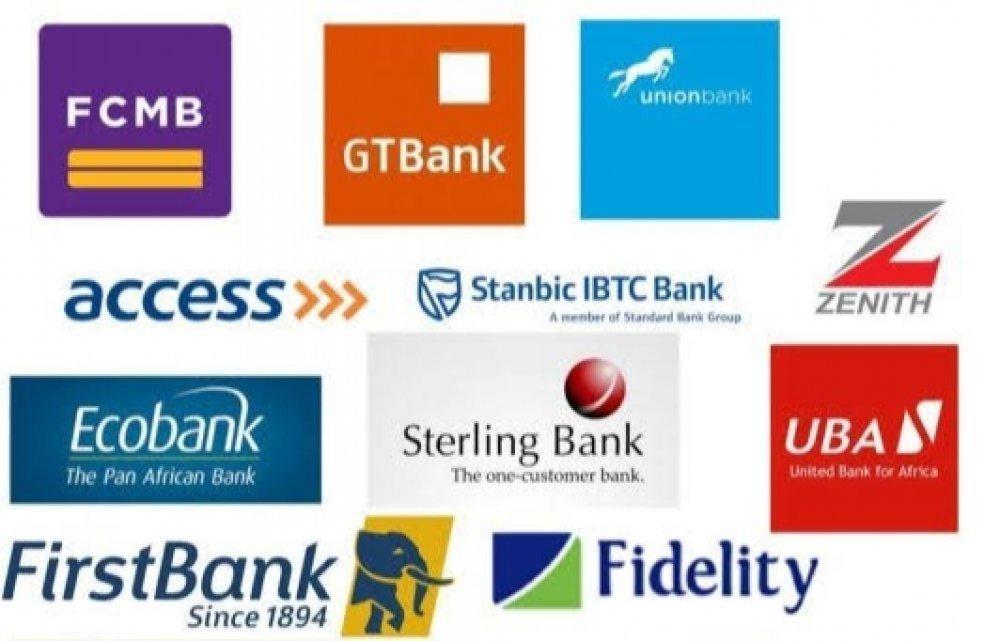
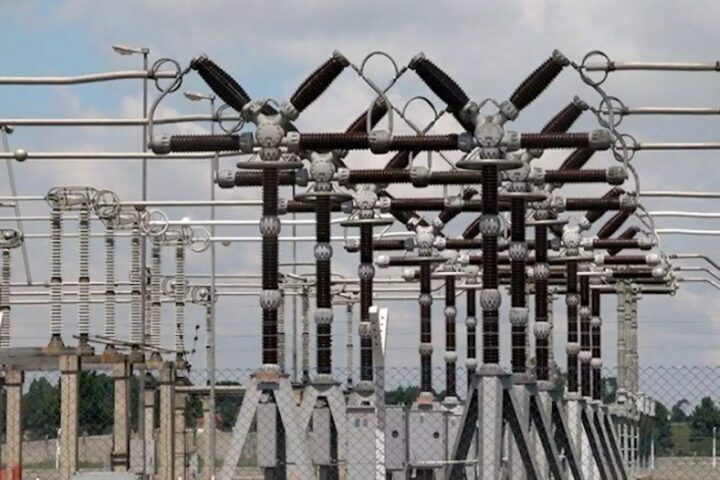
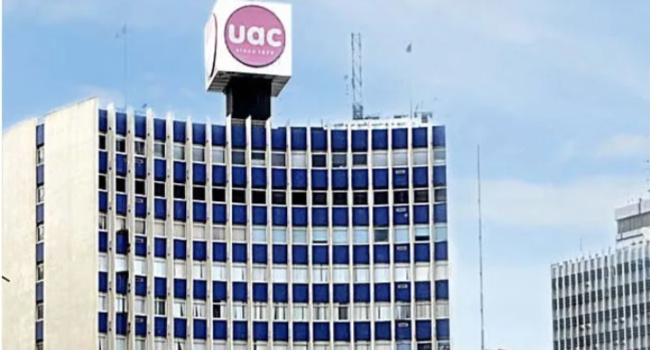







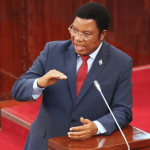
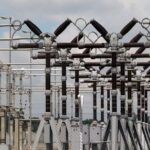

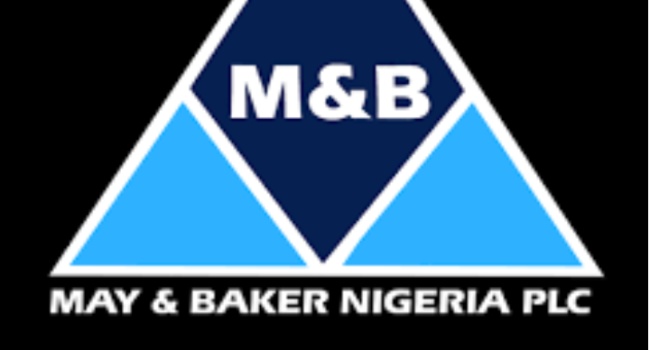
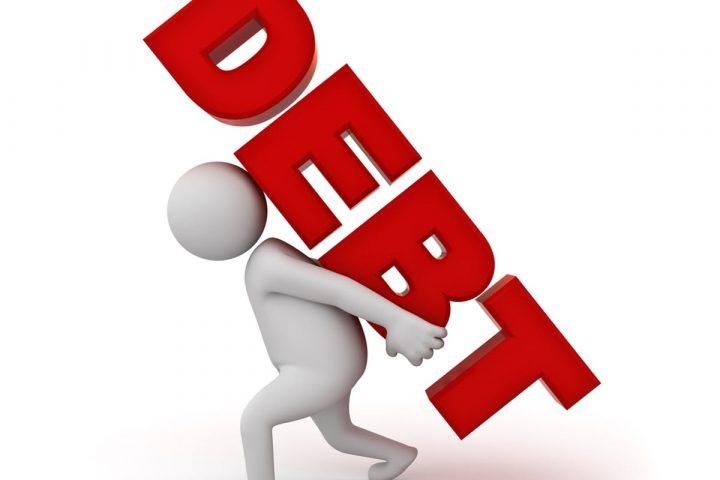
Follow Us